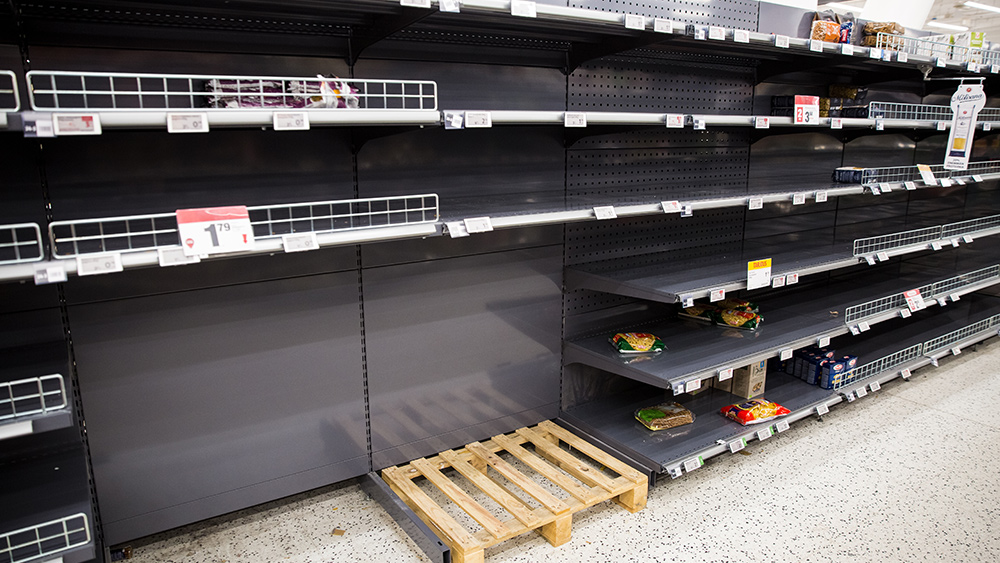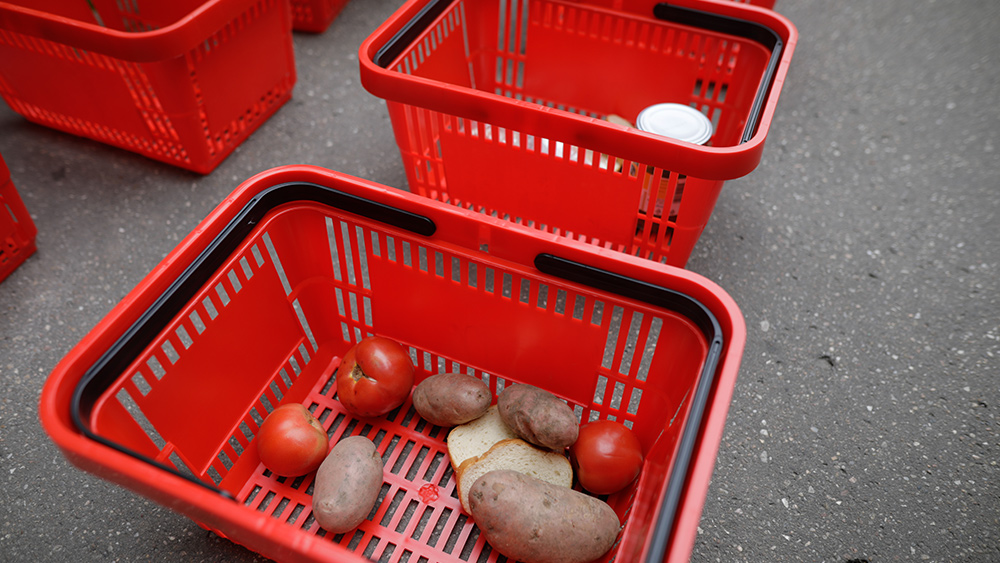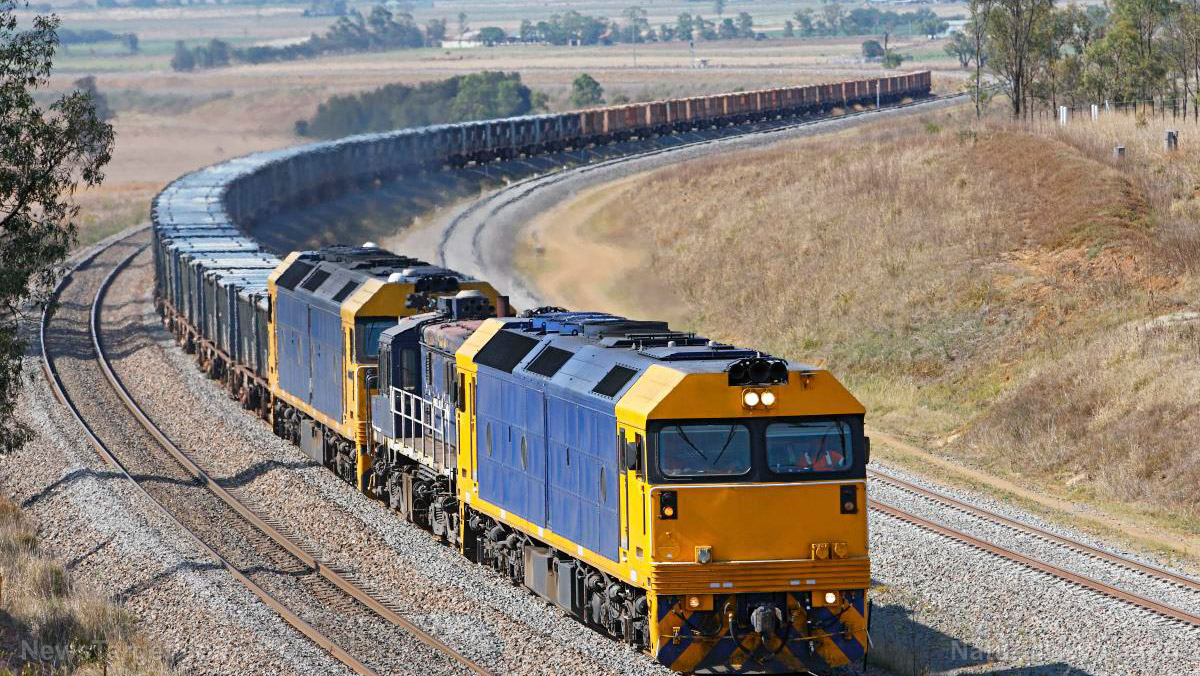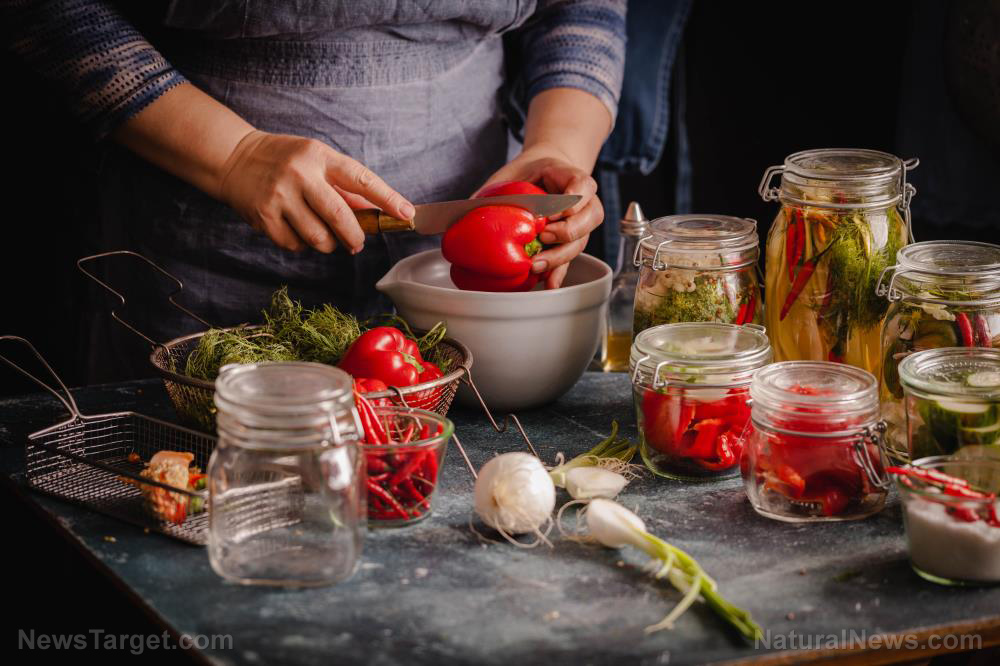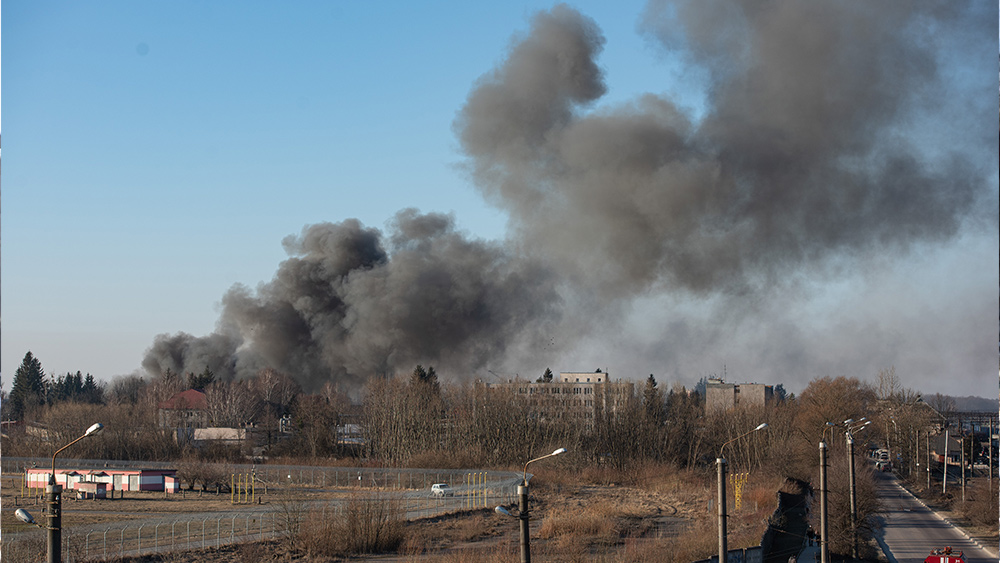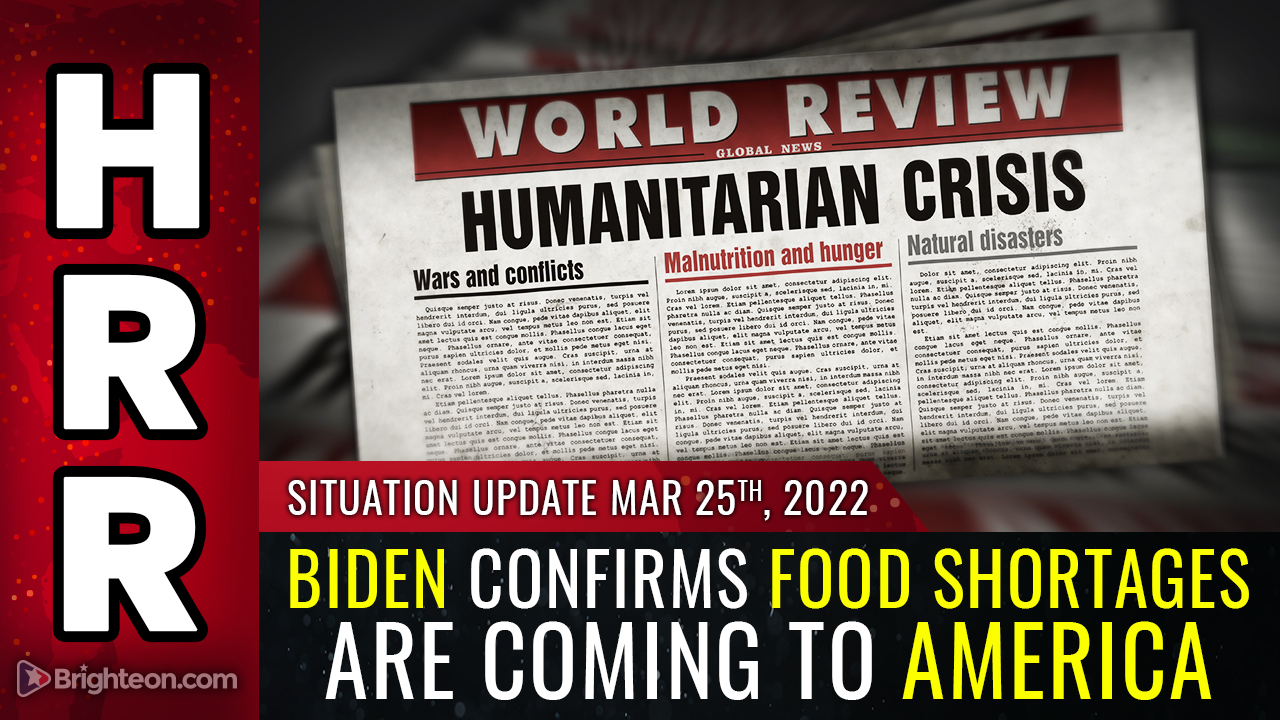Inflation, food shortages and the ongoing energy crisis are all coinciding with escalating war
03/02/2022 / By Ethan Huff
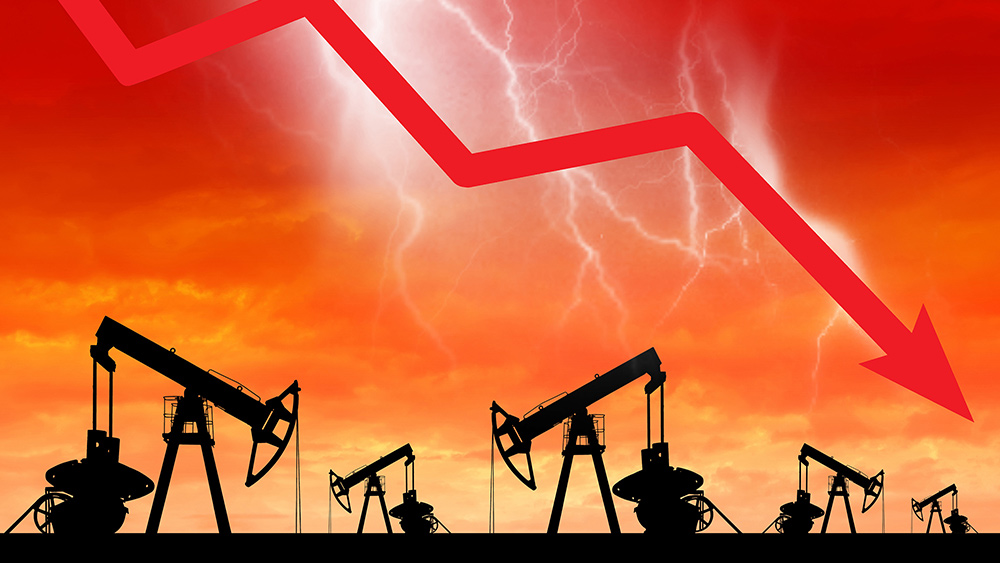
Many people seem to falsely believe that the Russia-Ukraine conflict will remain isolated to Europe and not affect us in any substantial way here in the United States. This is a grave error, however.
America and many other countries, for that matter, are already facing one of the worse energy crises since the 1970s. And it turns out that Russia is one of the world’s most important energy producers.
Energy prices are now soaring all around the world, which is affecting logistics and food production. It is becoming prohibitively expensive for many people to heat and cool their homes as well.
“Normally, Russia and Ukraine export vast quantities of food to the rest of the world, but the war is going to change that,” reports The Washington Standard‘s Michael Snyder.
“We really are facing a horrifying breakdown of our food and energy systems, and that is going to affect every man, woman and child on the entire planet.”
The military-industrial complex is blaming Russia’s invasion for soaring food prices here in the U.S., even though inflation has been through the roof for at least the past year. Clearly there is some other cause for which the war situation is being used as cover.
The Wuhan coronavirus (Covid-19) plandemic, we are told, is what started the whole thing. But which came first: the plandemic or the unraveling of the current corrupt system, which was probably going to happen anyway?
The global food supply is crumbling
According to Snyder, Russia and Ukraine together produce about 25 percent of the world’s wheat crop. The escalating war situation will almost certainly disrupt the export of this staple food.
Billions of people around the world rely on this wheat, which is used to make bread, pasta and various packaged foods. They also rely on barley sunflower seed oil, and corn, which are also grown and made in Russia and Ukraine.
“So if exports from those two warring nations are reduced or completely cut off, how are we possibly going to replace that output?” Snyder asks. “Does anyone have an answer for that?”
There is no answer other than perhaps this is the Four Horses of the Apocalypse riding one by one. In other words, there may be no stopping this prophetic scenario from continuing and ultimately being fulfilled.
“Together, Russia and Ukraine supply 29 percent of all wheat exports and 75 percent of global exports of sunflower oil,” said Kelly Goughary, a senior research analyst at Gro-Intelligence, an agriculture data platform.
Much of the world’s fertilizer also comes from Russia, which is cutting off exports for the current growing season. This is a really bad situation for the rest of the world outside of Russia.
“Previously, I have written about how global agricultural production is going to be down all over the globe in 2022 because fertilizer prices have started to spiral out of control,” Snyder says.
“In fact, in Africa alone it is being projected that enough food to feed 100 million people will not be grown this year because of the outrageous cost of fertilizer.”
Even The Washington Post admits that the world is “headed for a supply crunch that will be hard to resolve.” In Snyder’s view, this is a massive understatement.
“Even before the war erupted, some types of fertilizer had doubled in price, some had tripled in price and some had actually quadrupled in price,” he writes. “Six months down the road, we are likely to see food riots all over the globe.”
The energy crisis will only exacerbate the problem, making it difficult to produce fertilizer, food and other components of the global food system – not to mention consumer goods and everything else that people rely on in order to live.
More related news can be found at Collapse.news.
Sources for this article include:
Submit a correction >>
Tagged Under:
Collapse, energy prices, food, food crisis, food supply, fossil fuels, harvest, inflation, oil prices, Plandemic, shortages, starvation, supply chain, war, World War III
This article may contain statements that reflect the opinion of the author
RECENT NEWS & ARTICLES
FoodStorage.News is a fact-based public education website published by Food Storage News Features, LLC.
All content copyright © 2018 by Food Storage News Features, LLC.
Contact Us with Tips or Corrections
All trademarks, registered trademarks and servicemarks mentioned on this site are the property of their respective owners.




